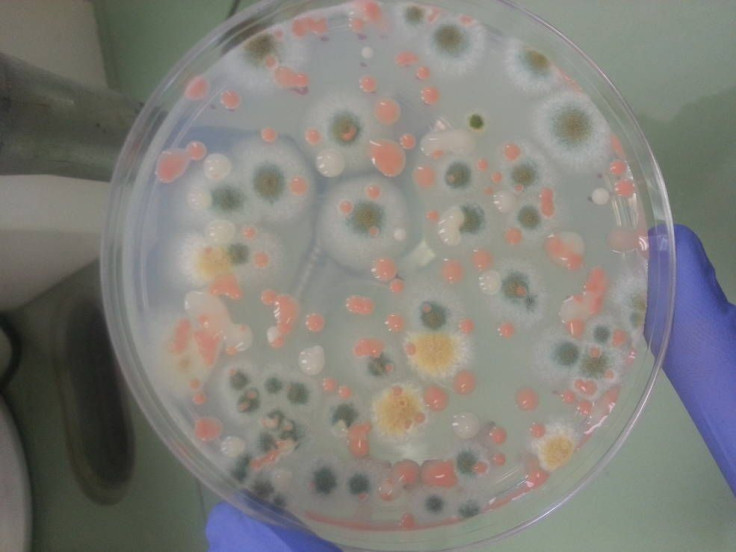What Happens To Life In Space? NASA To Study Microbes Found On The International Space Station

With every one of the over 200 astronauts who passed through the International Space Station’s airlock over the past 18 years came along millions of tiny stowaways. And now NASA wants to look at those little guys to try and figure out what happens to the tiny life forms — microbes — when they’re floating in space.
NASA announced Wednesday it would be studying microbes to get information that can be used on a manned mission to Mars — a lengthy trip that could take as many as 260 days, a period of time that pushes the limits on how long humans have stayed in zero gravity environments. Managing microbiomes and the environments they produce could be an important component of a potential long-term trip in space, the agency said.
“NASA is incredibly excited to partner with the Sloan Foundation through a Space Act Agreement to look at the microbiome of the space station to better understand how to control the microbial environment in future human exploration spacecraft,” David Tomko, a space biology program scientist at NASA, said in a statement announcing the collaboration on the project.
Once the two organizations compile the data, the announcement said, they will then upload it into an open online resource so that further development and experiments can be done by the broader scientific community.
NASA has been conducting experiments to try and figure out what unforeseen challenges might arise on a potential trip to Mars.
Astronaut Scott Kelly spent a year in space while his twin brother remained on Earth. During that time, they monitored the changes to his body compared to his brother — the closest they could come to a control group — during that time and have been doing so since he got back to Earth. He’s been home for over 200 days now. They learned that special measures are needed while in space to maintain fit physiology alongside extensive exercise to counter the reduced gravity. They’re still trying to determine the effect of prolonged radiation on the body in space and are determining what exercise can do for the heart in space.
© Copyright IBTimes 2024. All rights reserved.





















